The emirate of Dubai has a diverse and multi-cultural society. Because there are many expats living here, it is not uncommon to hear different languages being spoken at work and in public places. You may hear Hindi, Urdu, and even Tagalog anywhere you go!
Amidst the variety of languages spoken in Dubai, the ones that are most widely used are English and Arabic. You do not have to master Arabic entirely, but learning the basics definitely comes in handy. This article presents some of the most basic Arabic greetings and phrases.
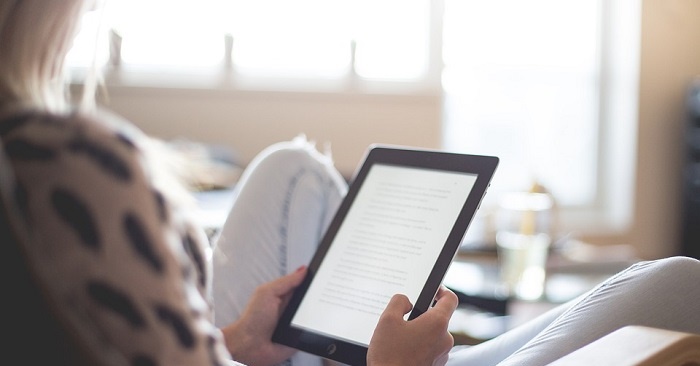
Commonly Used Words and Phrases in Arabic
When talking with a friend or colleague:
Hello – Marhaba
Good morning – Sabah el khayr
Good evening – Masa el khayr
Good night – Tosbeho el khayr
Goodbye – Ma’a salama
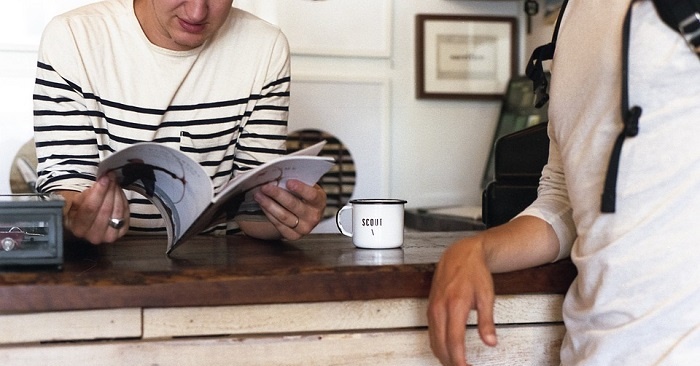
How are you? – Kaeef halak
I’m fine – Ana bekhair
Thank you – Shukran
You’re welcome — Aafwaan
Yes / No – Naam / La
When asking for help or directions:
I’m lost – Ada’tu tareeqi
Can you help me? – Momkin mosa’adat?
Straight / Left / Right – Ala tool / Yisar / Yameen
Excuse me – Law samaht
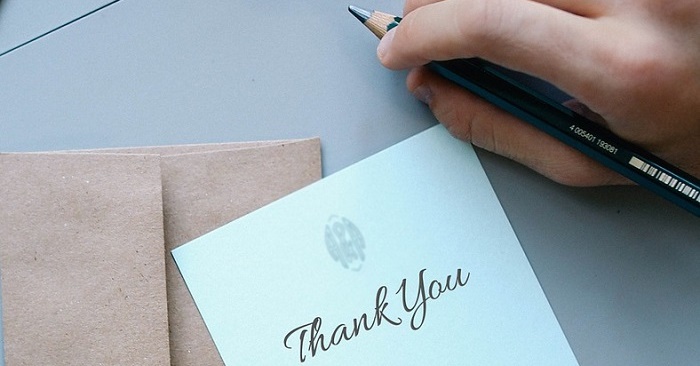
Special Greetings:
Inshallah – If Allah wishes
This is used to express attribution to Allah for a future event or happening. It is commonly used in personal conversations as well as in business-related discussions.
Maashallah – What Allah wishes
This phrase is used to express praise or to compliment a person about the birth of a child, well-being of the family, and other positive matters.
Mabrook – Congratulations!
This is used to congratulate someone on a special occasion.
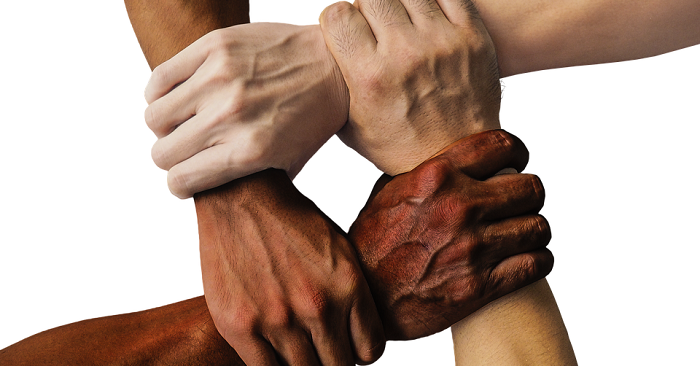
Although English is widely used in Dubai and all over the UAE, it is still useful to know some basic Arabic greetings and phrases. In any situation, learning and using the local language can help establish clear communication and good relationships.
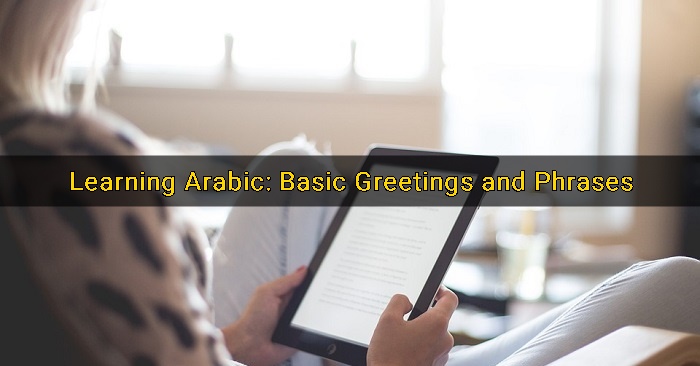
Comments are closed.